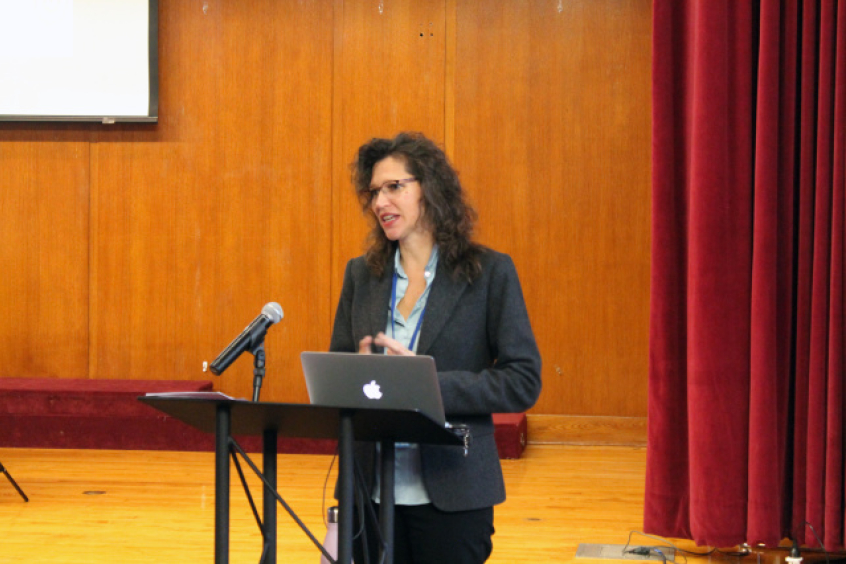Christians today remain one of the most persecuted religious groups in the world with more than 200 million believers facing 'high levels of persecution' by authoritarian governments or followers of other religions - and simply because they identify as followers of Jesus Christ. But persecution takes on many forms and is not experienced by everyone in the same way.
As part of a new research approach, Open Doors International began tracking differences in how Christian men and women experience persecution. Their findings, which are based on data collected from dozens of countries, reveal that persecution is not gender-blind but rather gender-specific, with different "pressure points" being applied to men and women in order to increase the effectiveness.
Men, who are typically the main breadwinners for the family in countries where persecution is common, are more prone to experience economic pressure that threatens the family's livelihood, while women, whose social status is often measured by their perceived sexual purity, are more likely to face sexual harassment or rape as a form of persecution.
"For women, rape and sexual violence are connected to honour and used intentionally to dishonor Christian women and their community," the report states.
"Women will bring shame upon their families if they fail to uphold high norms surrounding their sexuality. Thus if a woman converts to Christianity, she is much more prone to sexual violence. Rape is often used as a deliberate form of punishment in reaction to conversion to Christianity."
But behind the numbers and statistics are painful personal stories, such as that of Esther who was taken captive by Boko Haram in Nigeria at the age of 17 along with other girls.

It is difficult for families in honour-shame cultures to deal with the loss of the sexual purity of their daughters and the trauma the girls have experienced, even if they are among the few "lucky" ones who have been able to flee or be released.
"The militants did everything they could to make the Christian girls renounce their faith," the report shares.
"A few of the men wanted to marry Esther. Because she would not give in to their demands to renounce her faith and marry, Esther was raped continually as punishment and eventually impregnated by one of the many men who violated her."
Helene Fisher, Open Door's global gender persecution specialist presented the new report for the first time at an event hosted jointly with the World Evangelical Alliance as part of the United Nation's annual Commission on the Status of Women. Held at the Salvation Army's International Social Justice Commission Headquarters in New York, the event focused on the intersection of religious persecution and gender-inequality.
"Women's bodies are being weaponized and used against their communities in order to harm that community. The girl in fact is not the target. She is not the object they're trying to destroy. They're using her body to destroy her family and destroy her community," Fisher said.
A key finding of the report is that in most countries, women's social and legal status is already at a great disadvantage compared to that of men, which makes persecuting women of a minority religion much easier and less risky for the perpetrators and at the same time much harder to track and put a stop to.













